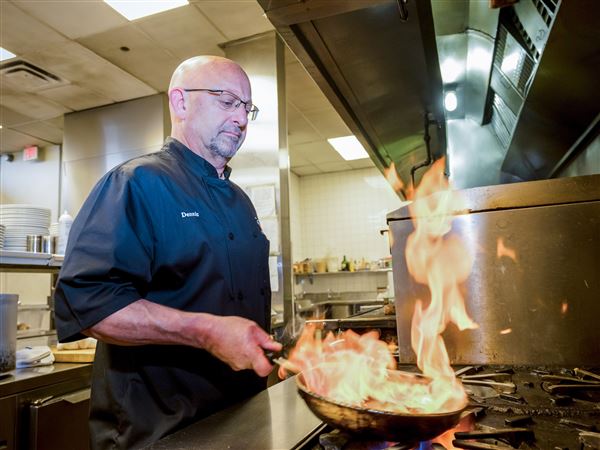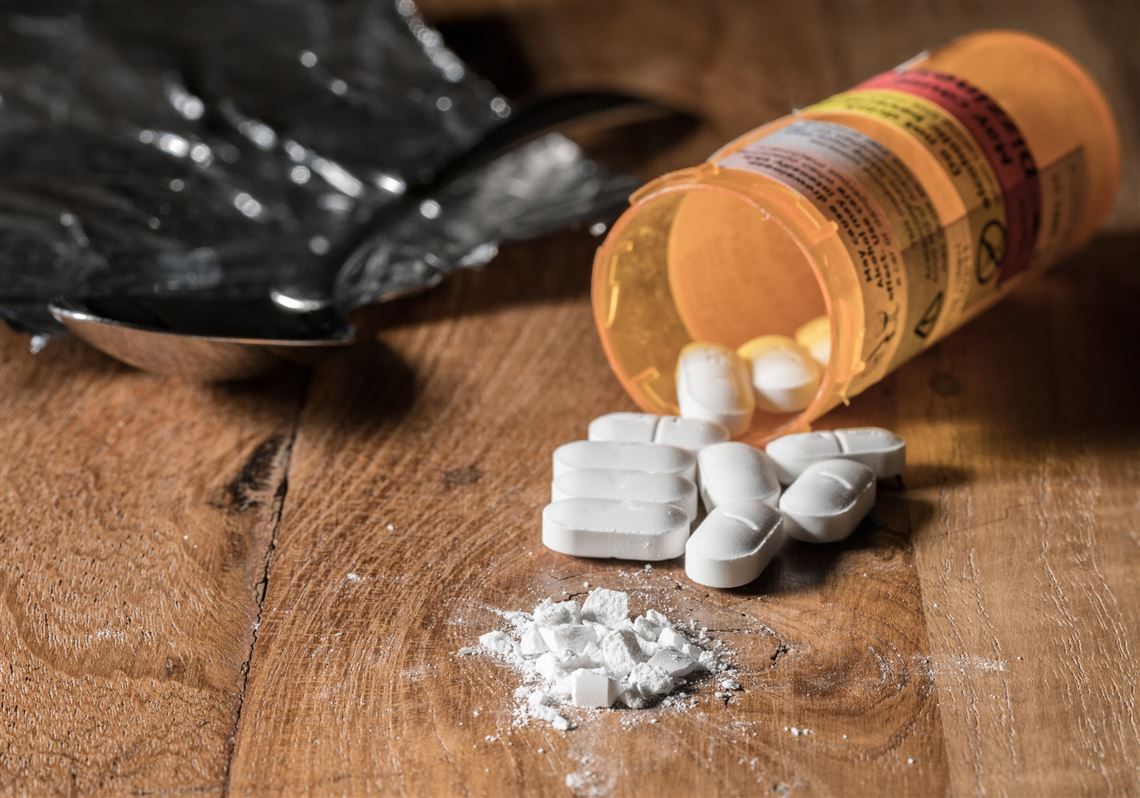We heard a lot of things in Gov. Tom Wolf’s very compassionate and sensible speech earlier this week about the heroin and opioid epidemic in Pennsylvania.
We heard the sobering statistics about the commonwealth’s ranking in overdose deaths — we’re No. 4 in the nation. The state lost 5,260 people to overdoses just in 2017, a 15 percent jump over the previous year.
Because the trend is not going in the right direction, Mr. Wolf has authorized an emergency 90-day statewide suspension of the usual rules of engagement when it comes to the opioid protocol. During the next three months, law enforcement, emergency medical personnel, counselors and all those on the frontline of this epidemic can legally circumvent those rules that inhibit a swift and compassionate response to overdoses at ground level.
Though he pledged “to use every tool to contain and eradicate this public health crisis,” Mr. Wolf did not feel it necessary to declare war on a group of people to do so. He did not demonize the people who have destroyed their lives and have cost their families so much in worry and financial resources.
Mr. Wolf did not authorize the increasingly militarized police forces of the commonwealth to swarm downtrodden rural communities in search of opioid dealers or heroin labs as the silver bullet to the crisis.
Mr. Wolf’s speech was free of fear mongering about “Oxycontin babies” or racially-tinged legends about the super-strength of hillbilly heroin users even after the cops have shot them (in cases of self-defense, of course).
Though there is only a superficial difference between the health crisis that large swaths of rural Pennsylvania is now battling and the health crisis that afflicted many urban areas in the state a generation ago, we didn’t hear the governor call for the expansion of police powers or for the building of new prisons to accommodate the burgeoning number of Vicodin and codeine abusers. There is a sympathy for these victims that was not present during the previous public health crisis then known as the crack epidemic.
In those days, the public response to the public health crisis was bipartisan and 100 percent punitive. Public policy gurus were unanimous in their conviction that the best way to deal with the terrifying inevitability of an underclass filled with “crack babies” and “super-predators” was to lock them up and throw away the key for as many decades as necessary to feel safe.
Society has come a long way since those days, for which we should all be grateful. There’s a deeper understanding of the behavioral and biochemical roots of addiction.
The old Puritan ethic of “Just Say ‘No’ ” has given way to science that insists that willpower is never enough and that medical intervention and behavioral counseling is necessary. The humanity of the addict has finally been acknowledged as a higher priority than filling private prisons with fresh bodies.
It’s fascinating to see people who once had zero sympathy for addicts change their outlook now that they see their friends and loved ones struggling with heroin. Maybe all of those years of watching shows like “Breaking Bad” and to a far lesser extent “The Wire” have humanized addicts in ways those shows never even intended.
Addiction is no longer an abstraction hidden behind convenient filters of race and class that have always allowed for the perpetuation of discriminatory laws and cruel social policies.
Let’s now face the very large elephant in the room: These changes in law and attitude never would have taken place if the overwhelming number of victims of this health crisis were brown and black bodies. The sympathy from lawmakers from the federal level on down simply would not have been there. White bodies — and usually lots of them — are needed to move policy in the right direction. Last year, roughly 60,000 people across the country, most of them white, succumbed to opioid addiction. That’s more Americans than who died in Vietnam.
Still, it feels sick and perverse to say such a thing, but it would be dishonest not acknowledge how previous public health crises conveniently turned into wars against poor and minority communities, including isolated rural communities laced with meth labs.
Fortunately, Pennsylvania has a governor who is mature enough to adjust to the new reality without dusting off the old playbook. Mr. Wolf is a voice for civility and common sense at a time when it would be very easy for a politician to respond to the carnage stirred up by the opioid epidemic punitively.
Now that opioid abuse has been declared a public health crisis, it will be impossible to go back to acting like President Rodrigo Duterte of the Philippines and treating victims of the next epidemic as if they were less than human. I’m horrified by the epidemic’s toll on our nation, but society would be a lot worse off if opioids weren’t an equal opportunity drug problem.
Tony Norman: tnorman@post-gazette.com or 412-263-1631.
First Published: January 12, 2018, 5:26 a.m.













